Local weather change is rising the danger of catastrophic wildfire outbreaks in Mediterranean areas. A brand new research, based mostly on the Larger Côa Valley in Portugal, reveals that adopting a holistic method to panorama administration might be the best method of stopping such outbreaks, with rewilding enjoying a key position.
James Shooter
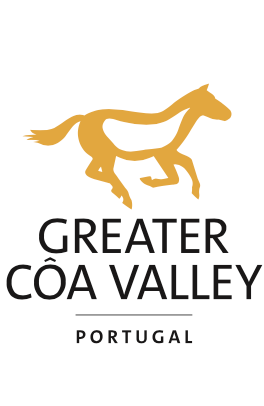 Wildfires on the rise
Wildfires on the rise
In lots of landscapes, naturally occurring wildfires can assist biodiversity, regulate nutrient flows, and keep habitats. Nonetheless, local weather change is rising the incidence of catastrophic wildfire, which might have a devastating impression on wildlife, property, and folks.
Rising temperatures and longer and extra intense intervals of drought imply such fires are burning extra steadily, shortly, and fiercely, and for longer. Many components of Europe are in danger, significantly these in Mediterranean areas. In 2023, an space round twice the dimensions of Luxembourg burnt within the EU, amounting to greater than half one million hectares.
Climatic elements are just one purpose why the danger of catastrophic wildfire in Mediterranean areas is rising. Many of those areas have skilled rural depopulation and land abandonment for a few years. As folks have left the land, so grazing livestock numbers have plummeted. With the variety and abundance of free-roaming wild herbivores equivalent to deer and ibex unnaturally low or absent in lots of areas, an absence of any sort of grazing means landscapes are more and more coated by younger, usually monotonous forest or dense scrub. The proliferation of such flammable vegetation, coupled with the shut plantation of pine and eucalyptus bushes, leaves such landscapes more and more prone to wildfire outbreaks.
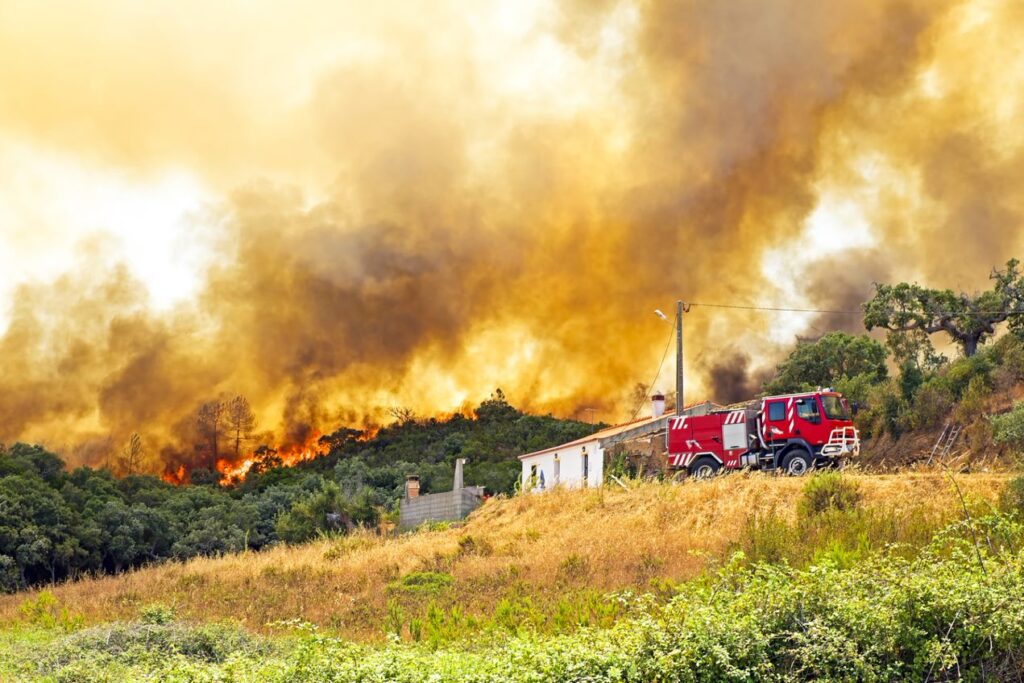
Nisangha/iStockphoto
Rewilding as an answer
A brand new research has examined wildfire outbreaks within the Larger Côa Valley in Portugal. Revealed within the scientific journal Fireplace Ecology, it reveals that efforts to scale back the danger of catastrophic wildfire outbreaks in Mediterranean areas may benefit from a extra holistic method to panorama administration that takes account of assorted ecological, socio-economic, and climatic elements. Rewilding has a key position to play in such an method.
Enhancing pure grazing by free-roaming herbivores equivalent to horses and Tauros is a crucial resolution by way of lowering wildfire threat, as a result of these animals eat flammable vegetation. This is without doubt one of the explanation why such herbivores – as so-called “grazing fireplace brigades” – are being reintroduced in lots of Rewilding Europe’s rewilding landscapes, together with the Larger Côa Valley. Nonetheless, the outcomes of the research present that analysing and mitigating wildfire outbreaks is a posh course of, and that the incidence of wildfire might be diminished additional in lots of areas by using further, complementary measures and dealing with related stakeholders.
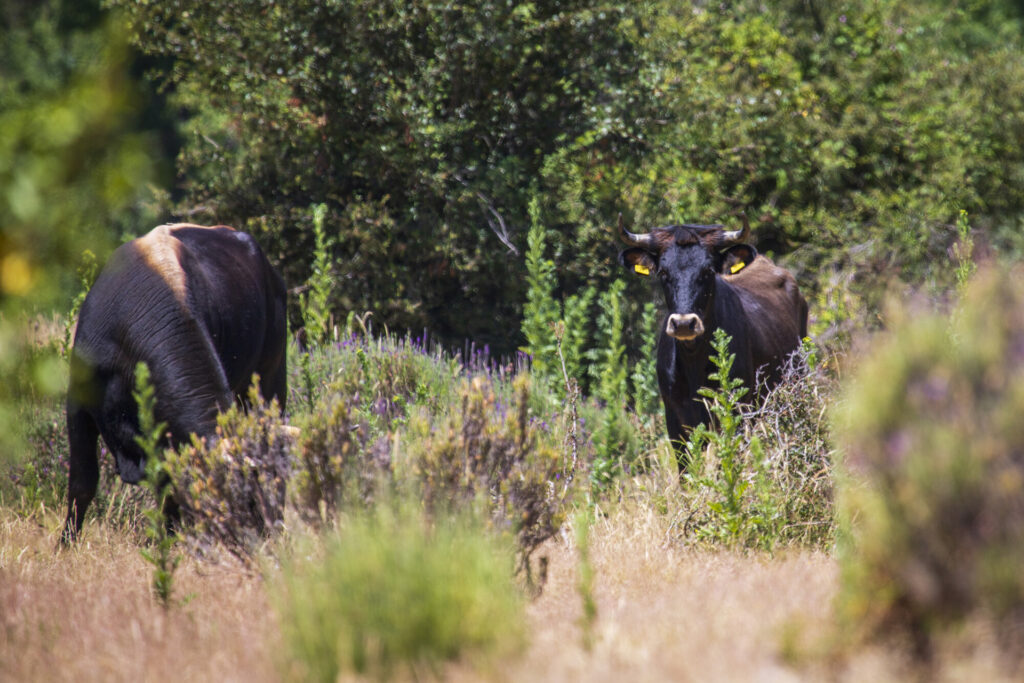
Nelleke de Weerd
The human issue
The brand new paper reveals that solely 2% of fires within the Larger Côa Valley area begin naturally. Of the 89% of fires within the Larger Côa Valley area brought on by people, two-thirds are brought on by negligence, which embrace fires pasture fires, in addition to burning crop residues with out authorisation, and dealing with equipment on sizzling days. Pastoral burning is a way that has been traditionally used within the valley to clear the land and fertilise it for grazing with sheep and goats. The authors discovered that areas the place sheep have been grazed at increased densities have been extra more likely to burn than different areas, which might be linked to such observe, which nonetheless continues as we speak.
The researchers additionally discovered that the typical frequency of huge fires within the Larger Côa Valley is as soon as each six years. If fires burn too steadily – which is an issue in lots of components of Portugal – then the ecosystem has no time to regenerate and evolve right into a extra mature panorama the place fire-prone shrubs are probably the most dominant kind of vegetation. This may successfully lock the panorama right into a cycle of burning.
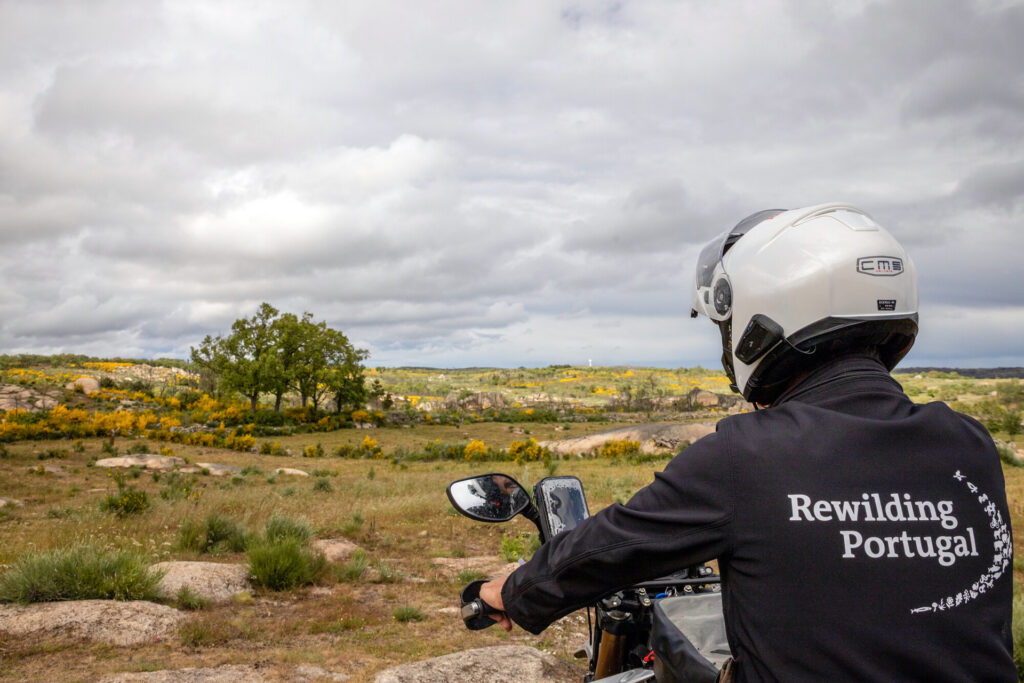
Ricardo Ferreira
The significance of grazing administration
Grazing by domesticated livestock has been put ahead as a way of lowering wildfire threat, and is supported as such by subsidies in Portugal and throughout Europe. Nonetheless, the outcomes of the research present that the effectiveness of standard livestock grazing practices in wildfire prevention is closely influenced by how these livestock are managed. Most livestock within the Larger Côa Valley are grazed on their very own (i.e. not alongside different grazing animals), on small parcels of land, and with supplementary feeding. This sort of grazing doesn’t look like decreasing fireplace threat. One purpose for this might be that the livestock are solely feeding on inexperienced vegetation and never consuming drier, woody materials, which is way extra flammable. This distinction underscores the distinctive ecological advantages of rewilding and the position of untamed herbivores in creating extra fire-resilient landscapes.
The analysis staff additionally discovered that there was a 15% decrease chance of fires breaking out in protected areas. This may occasionally relate to diminished public entry and restrictions on land use, in addition to surveillance by Rewilding Portugal’s rangers in areas which might be being rewilded. It is also attributed to the safety and administration of native forests in such areas, which embrace fire-resistant species equivalent to cork and holm oak.
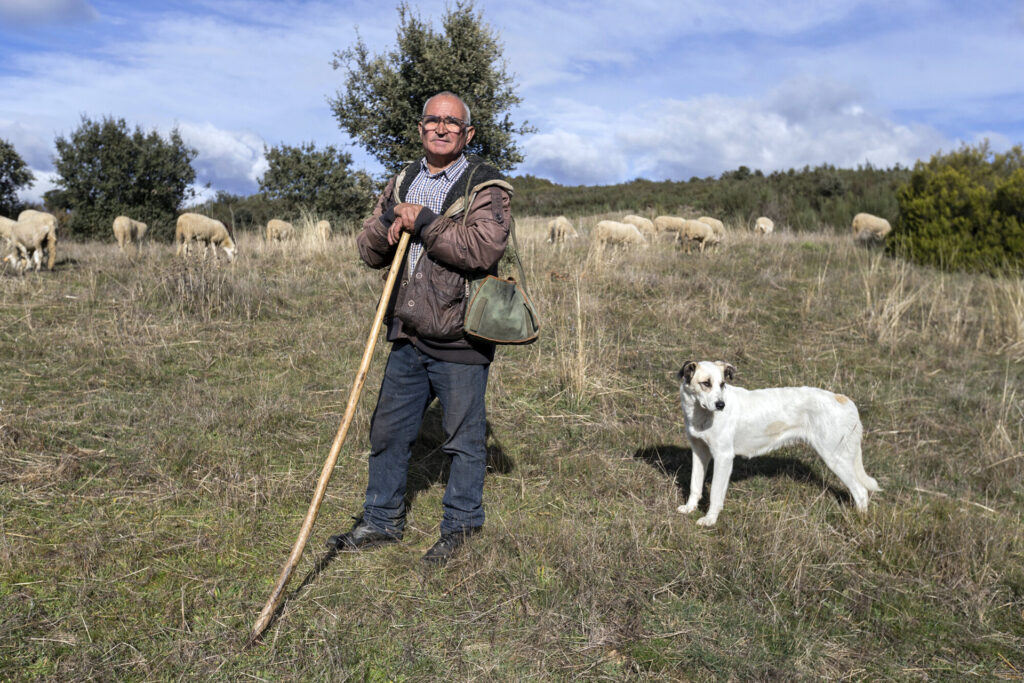
Daniel Allen/ Rewilding Europe
An built-in method
Transferring forwards, ongoing local weather change means the danger of catastrophic wildfire outbreaks in Mediterranean areas will virtually actually improve – significantly on deserted rural land.
The outcomes of the brand new research point out that grazing by domesticated livestock – by itself – is probably not an efficient resolution if these livestock are managed within the incorrect method. A extra holistic panorama administration method addressing the social causes of wildfires and incorporating nature-based options might be much more helpful in lowering wildfire threat. These options embrace the discharge of free-roaming wild and semi-wild herbivores in landscapes as a part of rewilding initiatives, which might additionally assist fire-damaged areas get better extra shortly and improve their biodiversity on the identical time. Training, rising public consciousness, and proscribing entry to fire-prone areas through the fireplace season is also essential instruments for lowering the danger of fires in rural areas.
Within the Larger Côa Valley, the Rewilding Portugal staff are addressing the social dimension of wildfire outbreaks by rewilding land that may in any other case be deserted, and selling social and financial actions based mostly on it. They’re additionally hiring native folks to assist with fireplace surveillance, whereas recognising the position of shepherds engaged on land adjoining to rewilding websites as stewards of the land.
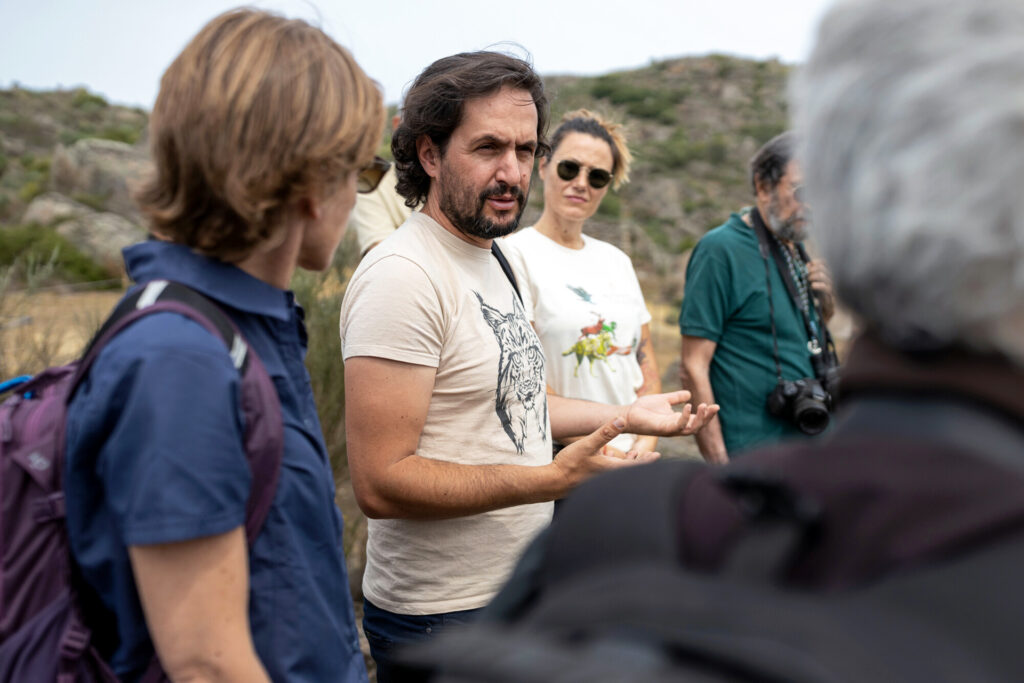
Clбudio Noy


















